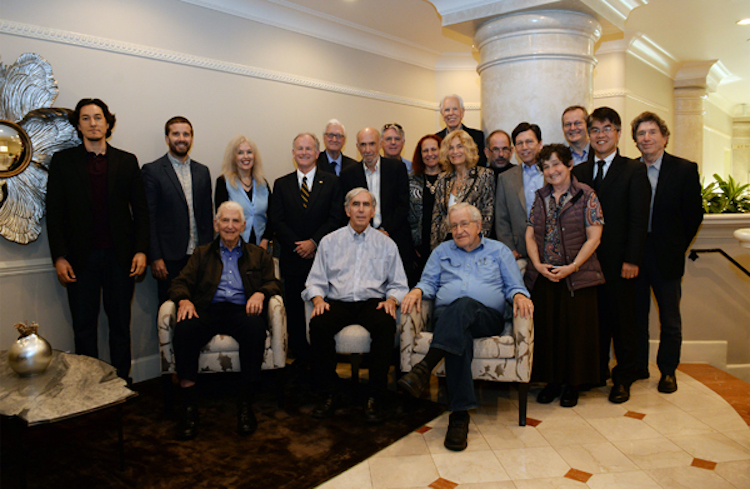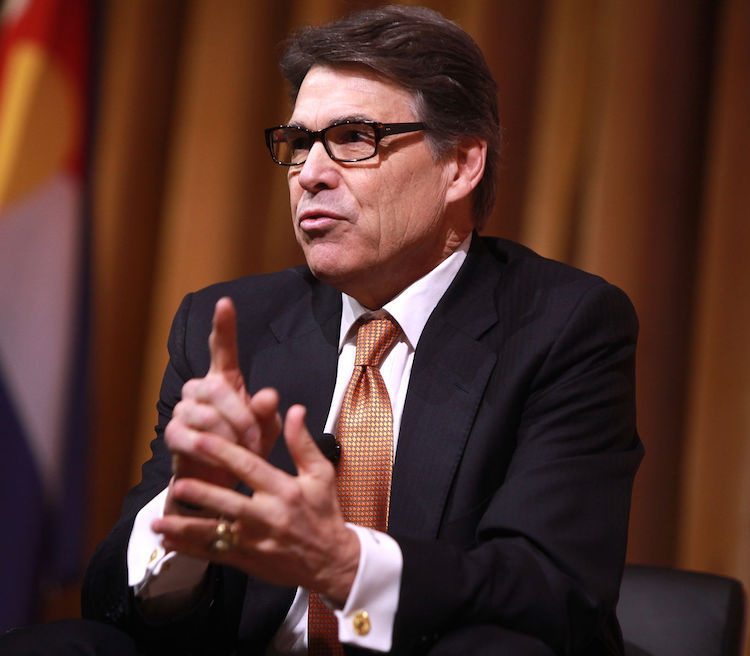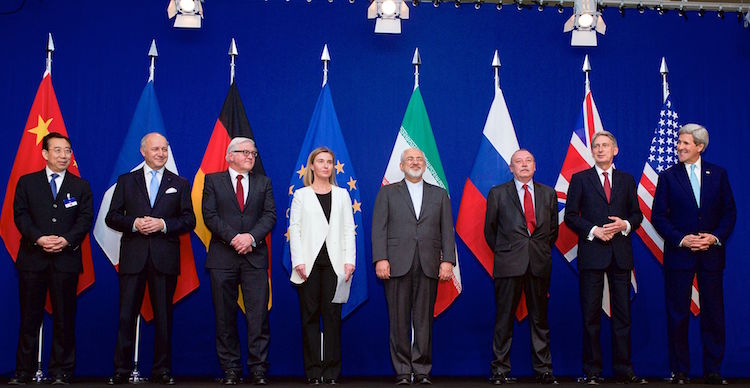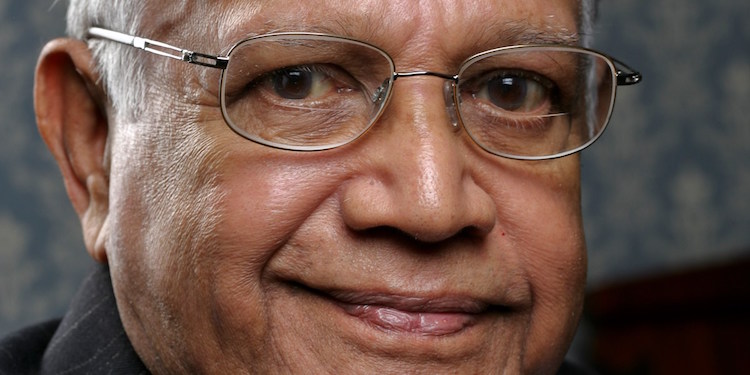By Rodney Reynolds
WASHINGTON DC (IDN) – The 193-member UN General Assembly is to hold two key sessions – in March and in June – in what is expected to be a do-or-die attempt towards the elimination of nuclear weapons worldwide.
“Whether 2017 will be the year that sees nuclear weapons being banned or whether the effort to achieve this gets turned into a form of “fake news” remains to be seen?,” says a sceptical Tariq Rauf, Director of the Disarmament, Arms Control and Non-Proliferation Programme at the Stockholm International Peace Research Institute (SIPRI).
The dark shadow that looms large over the upcoming General Assembly sessions will be the imposing figure of US President Donald Trump – whose trigger-finger is dangerously close to over 7,000 nuclear weapons, and whose views on nuclear disarmament appear consistently inconsistent, ranging from proliferation to strengthening existing arsenals.


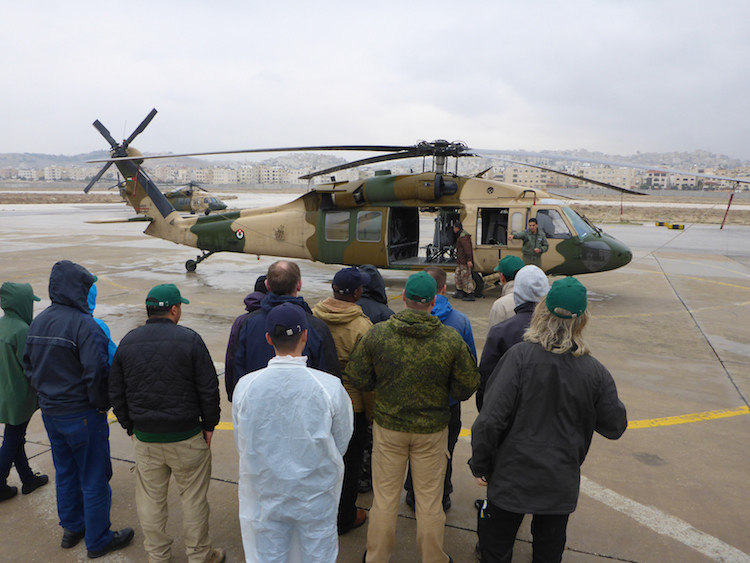
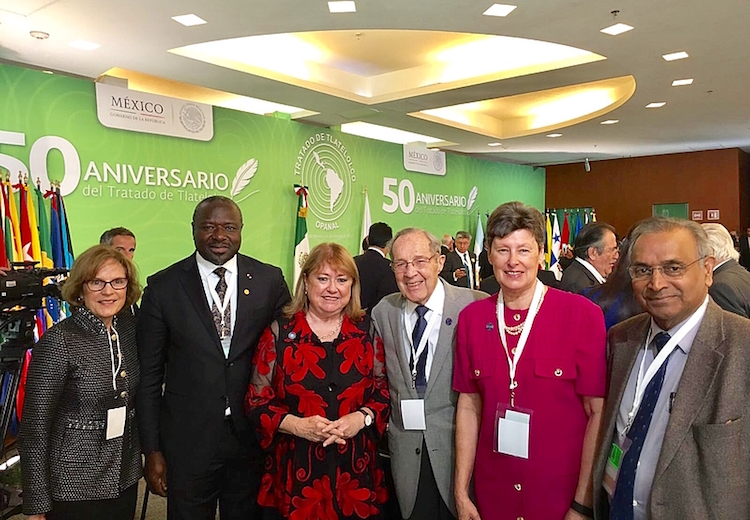
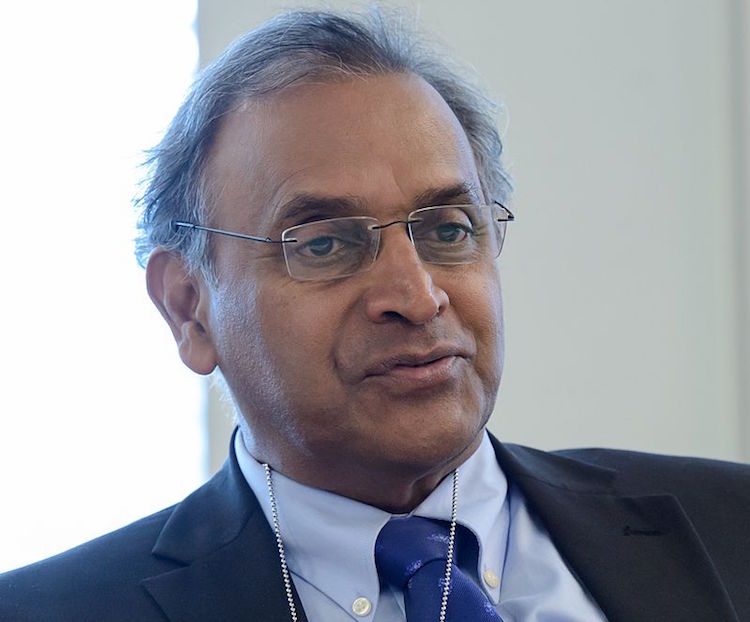
 KANDY, Sri Lanka (IDN) – The commemoration of the Fiftieth Anniversary of the signature of the
KANDY, Sri Lanka (IDN) – The commemoration of the Fiftieth Anniversary of the signature of the 

